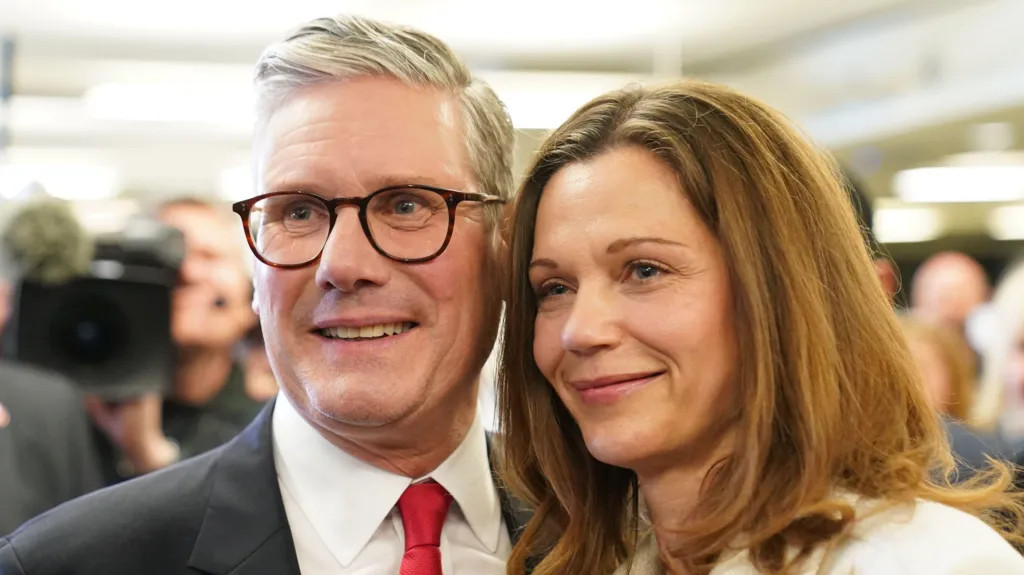The Labour Party secured a landslide victory in the UK general election, claiming hundreds of seats and ending 14 years of Conservative rule. Sir Keir Starmer is set to become prime minister later today, following a tumultuous era marked by five different Conservative leaders.
Rishi Sunak, the outgoing PM, conceded defeat outside 10 Downing Street and took responsibility for the result. He announced plans to resign as party leader in the coming months. In his victory speech, Sir Keir promised “national renewal” and pledged to put “country first, party second.
This stunning reversal comes just three years after Labour’s worst electoral defeat in nearly a century under Jeremy Corbyn. The Conservatives face their worst result in almost 200 years, with internal strife expected in the coming weeks.
New PM Within a Day
Rishi Sunak will vacate 10 Downing Street within 24 hours, and Sir Keir Starmer will take office shortly after. Sunak will resign to the King, and Starmer will be invited to form the next government. He will then address the nation and appoint his new cabinet.
Nigel Farage Enters Parliament
Reform UK, led by Nigel Farage, secured four seats in this election. Farage won a seat on his eighth attempt. Despite controversy over offensive statements by some candidates, the party could cause trouble for the Conservatives from their new position in parliament.
Labour’s Victory and Seat Distribution
The House of Commons has 650 MPs, each representing a constituency. Labour won 412 seats, while the Conservatives secured 121, and the Liberal Democrats took 71. Reform UK and the Green Party each gained four seats.
Labour’s victory was aided by the decline of the Scottish National Party (SNP), which fell to nine seats amid financial controversies. Labour’s 170-seat majority in the House of Commons is significant but falls short of the 179-seat majority won by Tony Blair in 1997.
Notable Defeats and Survivals
Several high-profile politicians lost their seats, including Liz Truss and Jacob Rees-Mogg. However, Jeremy Hunt and Rishi Sunak retained their seats despite reduced majorities. Labour lost Jonathan Ashworth and Thangam Debbonaire, who were expected to join Starmer’s cabinet.
Who is Keir Starmer?
Sir Keir Starmer started his career as a barrister and became the director of public prosecutions in 2008. He was first elected as an MP in 2015 and took over Labour’s leadership after the 2019 election. Starmer aims to start a “new era” for the party.










